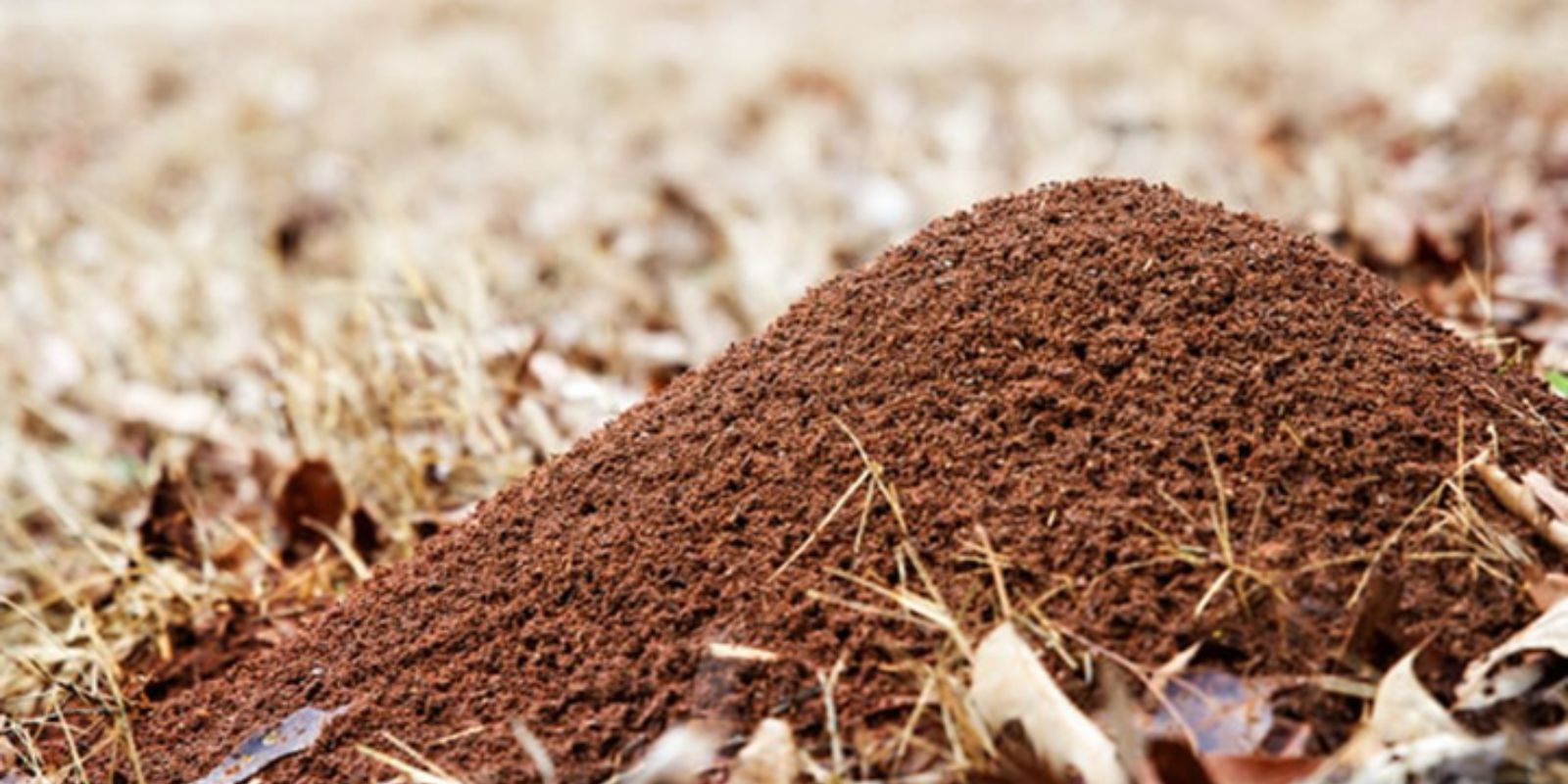Introduction
Ant hills in your garden can be more than just an unsightly nuisance; they can disrupt soil health, damage plant roots, and attract other pests. Whether you’re dealing with a small ant mound or a large infestation, taking action to remove these hills is crucial for maintaining a healthy and thriving garden. Fortunately, there are several effective methods for dealing with ant hills that don’t require harsh chemicals. In this comprehensive guide, we’ll explore practical and natural solutions to help you get rid of ant hills and keep your garden in top shape.
Understanding the Problem
Why Ant Hills Are a Problem:
Ant hills can cause a variety of issues in your garden:
- Soil Disruption: Ants build their nests underground, which can lead to soil erosion and disrupt plant roots.
- Plant Damage: Some ant species, like fire ants, can damage plant roots and inhibit growth.
- Pest Attraction: Ants can attract other pests, such as aphids, which they farm for honeydew.
Identifying the Ant Species:
Before tackling the problem, it’s helpful to identify the type of ants you’re dealing with. Common garden ants include:
- Black Garden Ants: Small and black, these ants are common in many gardens.
- Red Imported Fire Ants: Aggressive and known for their painful stings, these ants can be particularly problematic.
- Pharaoh Ants: Tiny and yellowish, they can invade homes and gardens.
Effective Methods to Get Rid of Ant Hills
1. Boil Water
Overview:
Boiling water is a straightforward and effective method to deal with ant hills. The high temperature kills ants and destroys their nests.
How to Do It:
- Boil a Large Pot of Water: Bring a sufficient amount of water to a rolling boil.
- Pour Directly onto the Ant Hill: Carefully pour the boiling water directly onto the ant hill. Make sure to cover the entire mound.
- Repeat if Necessary: For larger or more stubborn hills, you may need to repeat the process several times.
Benefits:
- Immediate Effectiveness: Boiling water kills ants on contact and can destroy their nests.
- Natural Solution: This method uses only water and doesn’t involve chemicals.
Considerations:
- Potential Soil Damage: Boiling water can affect the surrounding soil and plants, so use it carefully around delicate plants.
2. Use Vinegar
Overview:
Vinegar is a versatile household product that can disrupt ant pheromone trails and deter ants from returning to the area.
How to Do It:
- Mix Vinegar and Water: Combine equal parts of white vinegar and water in a spray bottle.
- Apply to the Ant Hill: Spray the mixture directly onto the ant hill and surrounding areas.
- Repeat as Needed: Reapply the vinegar solution regularly to keep ants away.
Benefits:
- Disrupts Pheromone Trails: Vinegar interferes with the ants’ communication and navigation.
- Non-Toxic: Safe for plants and pets when used in moderation.
Considerations:
- Frequent Reapplication: Vinegar may need to be reapplied regularly to maintain effectiveness.
3. Apply Diatomaceous Earth
Overview:
Diatomaceous earth is a natural powder made from fossilized algae. It works by dehydrating ants and other insects on contact.
How to Do It:
- Choose Food-Grade Diatomaceous Earth: Ensure you use food-grade diatomaceous earth, which is safe for plants and pets.
- Sprinkle Around and on the Ant Hill: Apply the powder generously around the ant hill and directly onto it.
- Reapply After Rain: Diatomaceous earth loses effectiveness when wet, so reapply after rainfall.
Benefits:
- Effective Dehydration: Causes ants to dehydrate and die upon contact.
- Natural and Safe: Non-toxic to humans and animals when used correctly.
Considerations:
- Dry Conditions Required: Works best in dry conditions, so it may be less effective after heavy rain.
4. Deploy Ant Baits
Overview:
Ant baits attract ants with a sweet or protein-based lure and contain poison that the ants carry back to their colony, ultimately killing the entire nest.
How to Do It:
- Choose the Right Bait: Select ant baits designed for the specific type of ants you are dealing with.
- Place Baits Near Ant Hills: Position the baits around the ant hills and along ant trails.
- Monitor and Replace: Check the baits regularly and replace them as needed.
Benefits:
- Targets the Entire Colony: Ants carry the bait back to their nest, affecting the entire colony.
- Long-Term Solution: Can provide long-lasting control by addressing the source of the problem.
Considerations:
- Avoid Contamination: Keep baits away from pets and children to prevent accidental ingestion.
Additional Tips for Ant Control
1. Maintain a Clean Garden:
Ants are attracted to food sources and sugary substances. Keep your garden clean and free of food scraps to deter ants.
2. Address Moisture Issues:
Ants are drawn to moist environments. Fix any irrigation problems or leaks that may be contributing to excess moisture in your garden.
3. Use Natural Repellents:
Consider using natural repellents like cinnamon, mint, or citrus peels around your garden to keep ants away.
4. Improve Soil Health:
Healthy soil can be less attractive to ants. Use compost and organic matter to improve soil structure and fertility.
Conclusion
Dealing with ant hills in your garden doesn’t have to be a daunting task. By using methods like boiling water, vinegar, diatomaceous earth, and ant baits, you can effectively manage and eliminate these pests. Each method offers unique benefits and can be chosen based on your specific needs and garden conditions. With these strategies, you can maintain a healthy, thriving garden free from the disruption caused by ant hills.
Motivation: Take control of your garden with these effective ant hill solutions and enjoy a healthier, happier outdoor space! 🌿🐜 #AntControl #GardenHacks #PestSolutions #HealthyGarden #DIYGardening #NaturalPestControl #AntBaits #GardenCare

